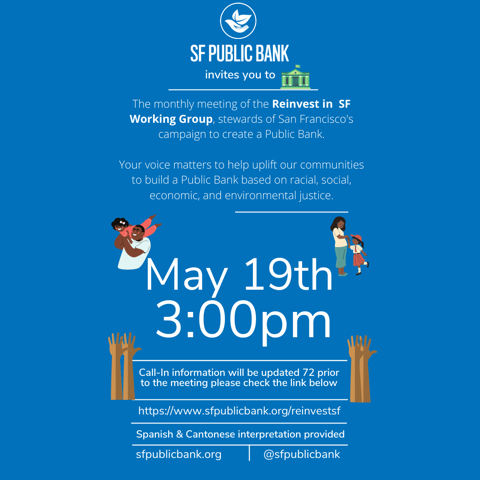SPUR PLAN:
If anyone wants to see the SPUR plans the video with maps and here.
https://www.spur.org/events/2022-05-24/renewing-san-franciscos-economic-core
See above for links to the program and the maps
Notes taken by Mari on SPUR plans : “Renewing San Francisco’s Economic Core” This will require a new level of collaboration between public and private-sector stakeholders to seize opportunities and overcome extant…
This is pretty much about the City Core, which to them is the downtown area, that they had spread into Northbeach and down into SOMA and a far west as Castro in the minds of the Downtown establishment. Some of their maps indicated little spurts all over the city of active areas pre-COVID.
There was a map that I hope we can find that shows (what I believe they labeled) the tax retrieval base, more or less. Where the new business activity is centered now. there was a small dark area around the Market Embarcadero area and the next big color spread that seemed to indicate activity was on the West Side of he city. I may have misunderstood this so it would be good to see the video and review the report.
It is clear that the primary concern on SPUR is to revive the Market Street corridor where 75% of the sales tax came from office spaces.
The primary objective was described as the need to take these actions to revive the preferred office space area:
Re-articulate the uses of the downtown economic core
Clean and keep safe streets
Deal wth the affordability issues
Re-imagine the downtown community benefit district
Night life and night lights
Painted sidewalks, signage etc.
They like the idea of Friday night monthly events to get people to work and they give them a reason to stay and play in the bars and restaurants by having music and entertainment on the streets.
They see the downtown mixed up with live/work etc. as a long term 30 year solution.
For the short term they want bodies. For that they want to get companies to bring workers in for 3 day work weeks.
They want to get residents in SF to come downtown as well.
They like the idea of pop-ups in spaces to activate the ground floors and fill them with art and culture.
Of course this means taking people away from their neighborhood businesses and could present a challenge to people living in other districts.
***
Mayor’s response:
https://sfmayor.org/article/mayor-london-breed-announces-investments-support-small-business-recovery-san-francisco%E2%80%99s

